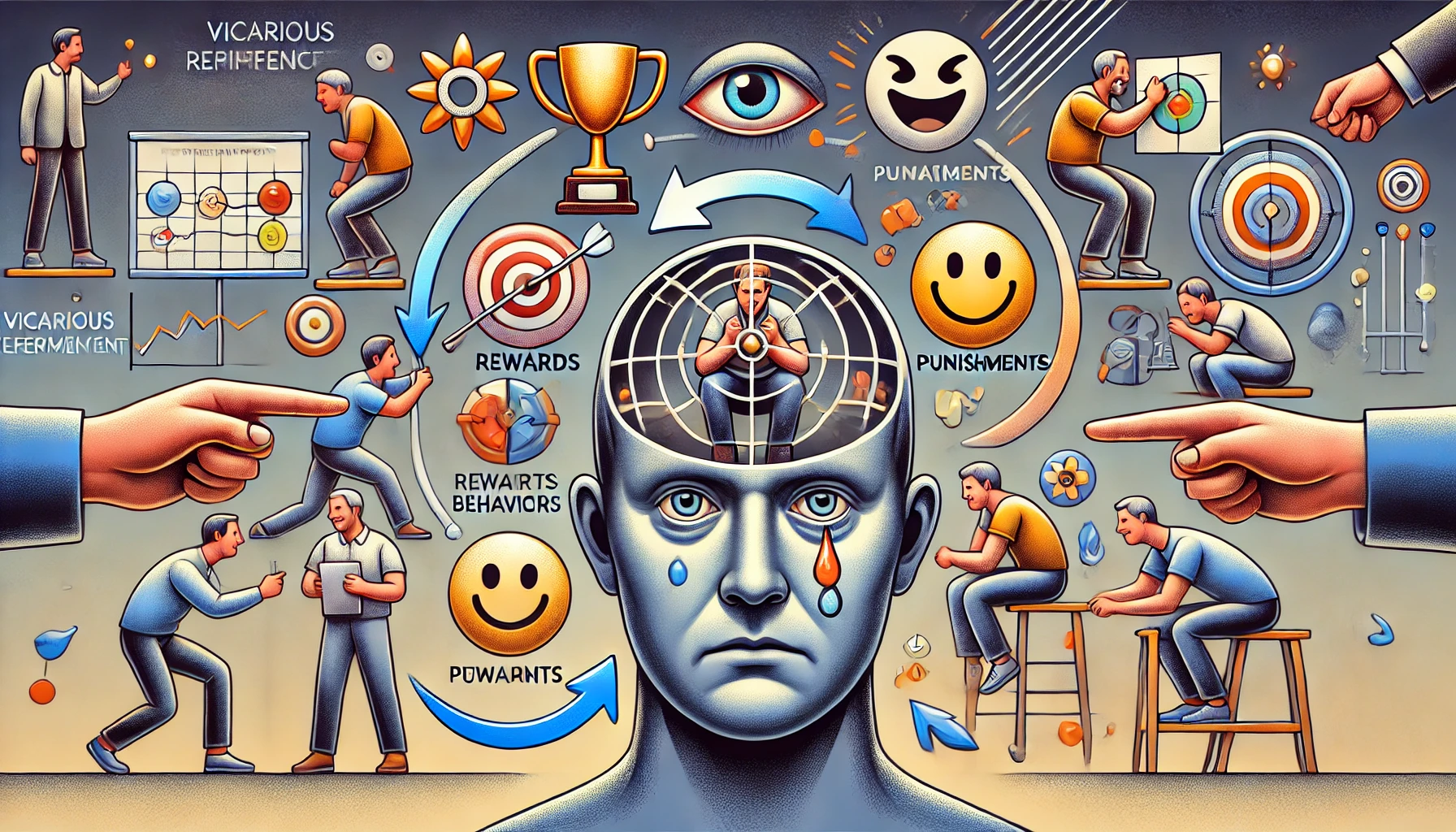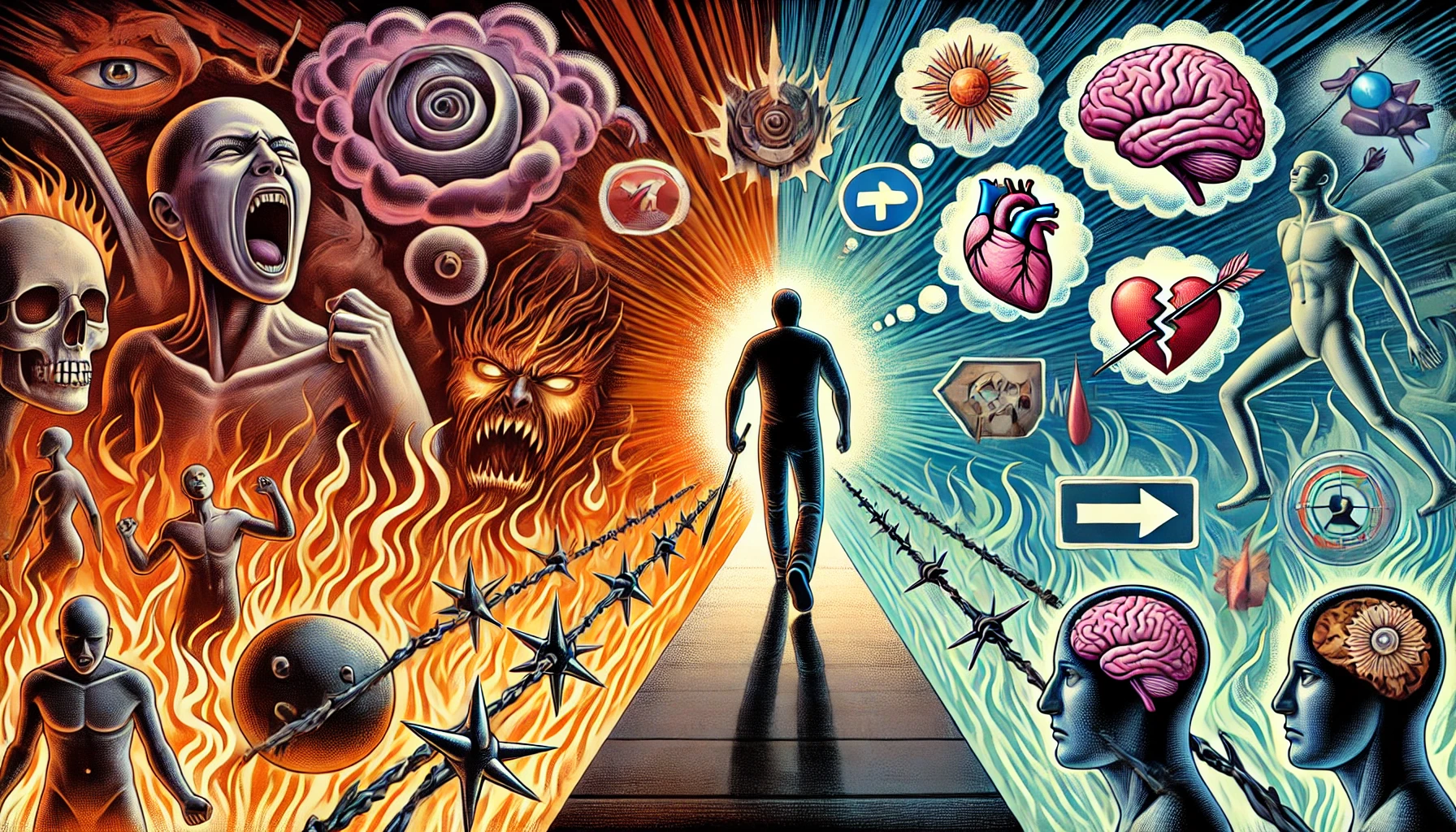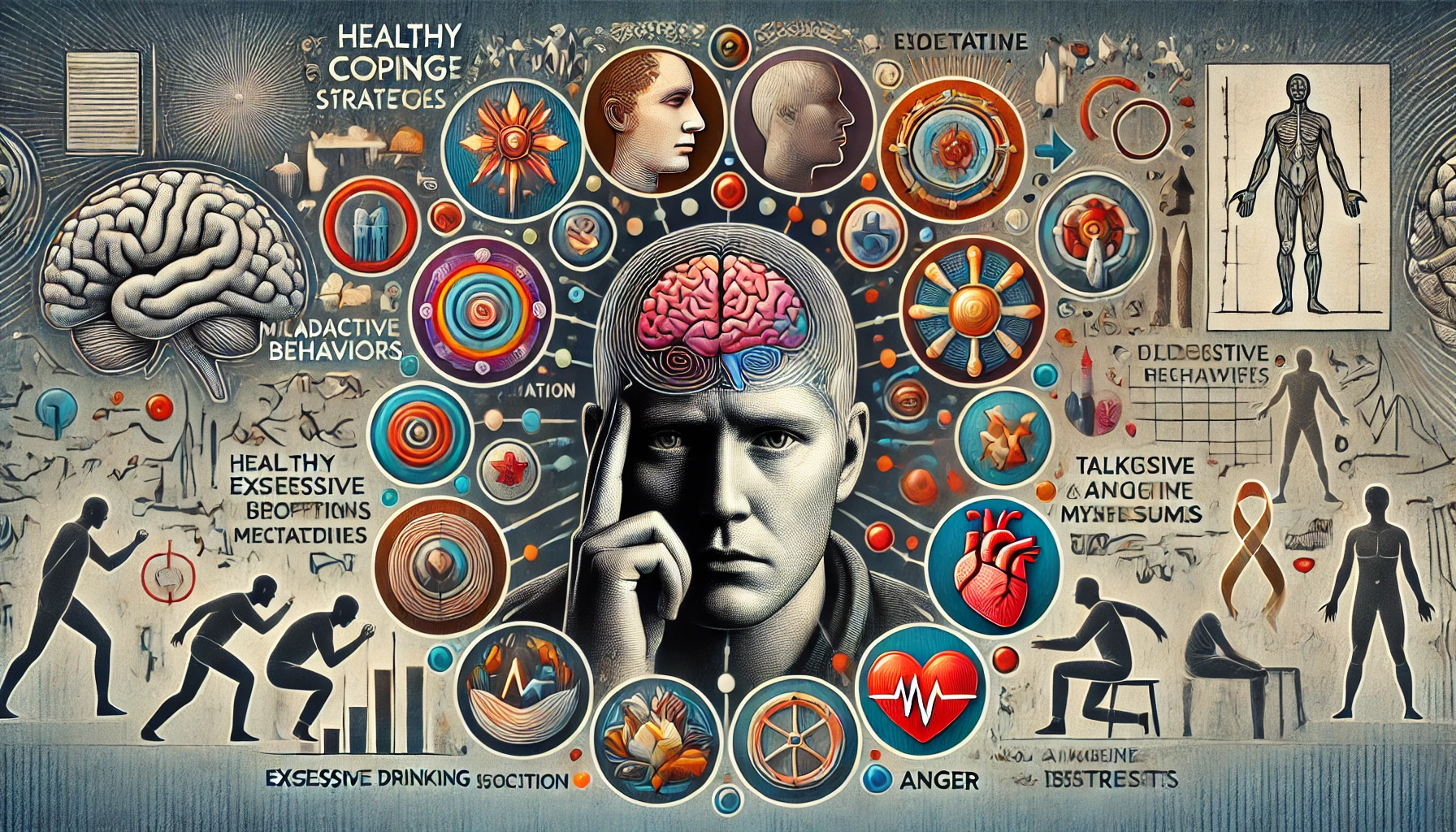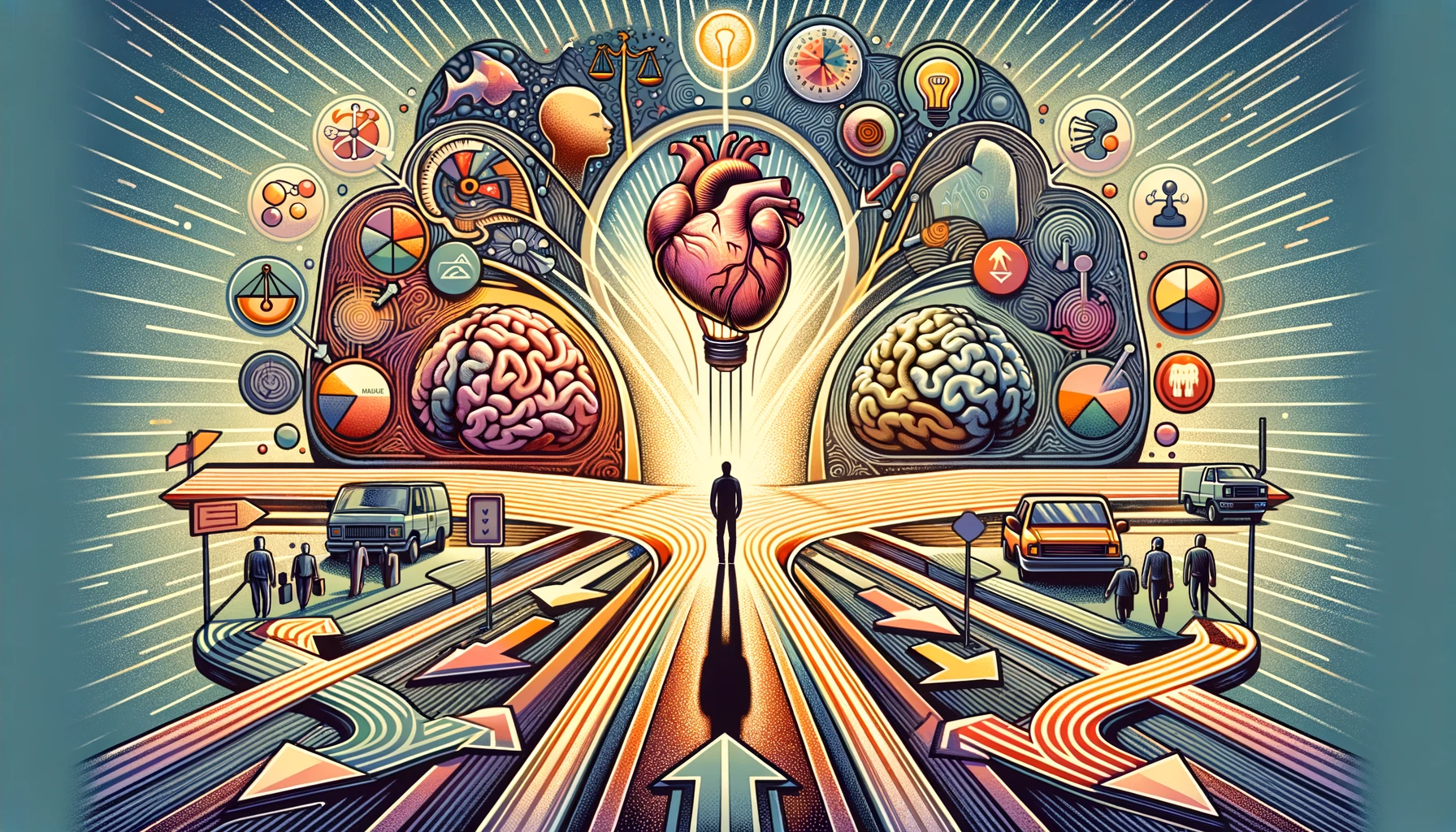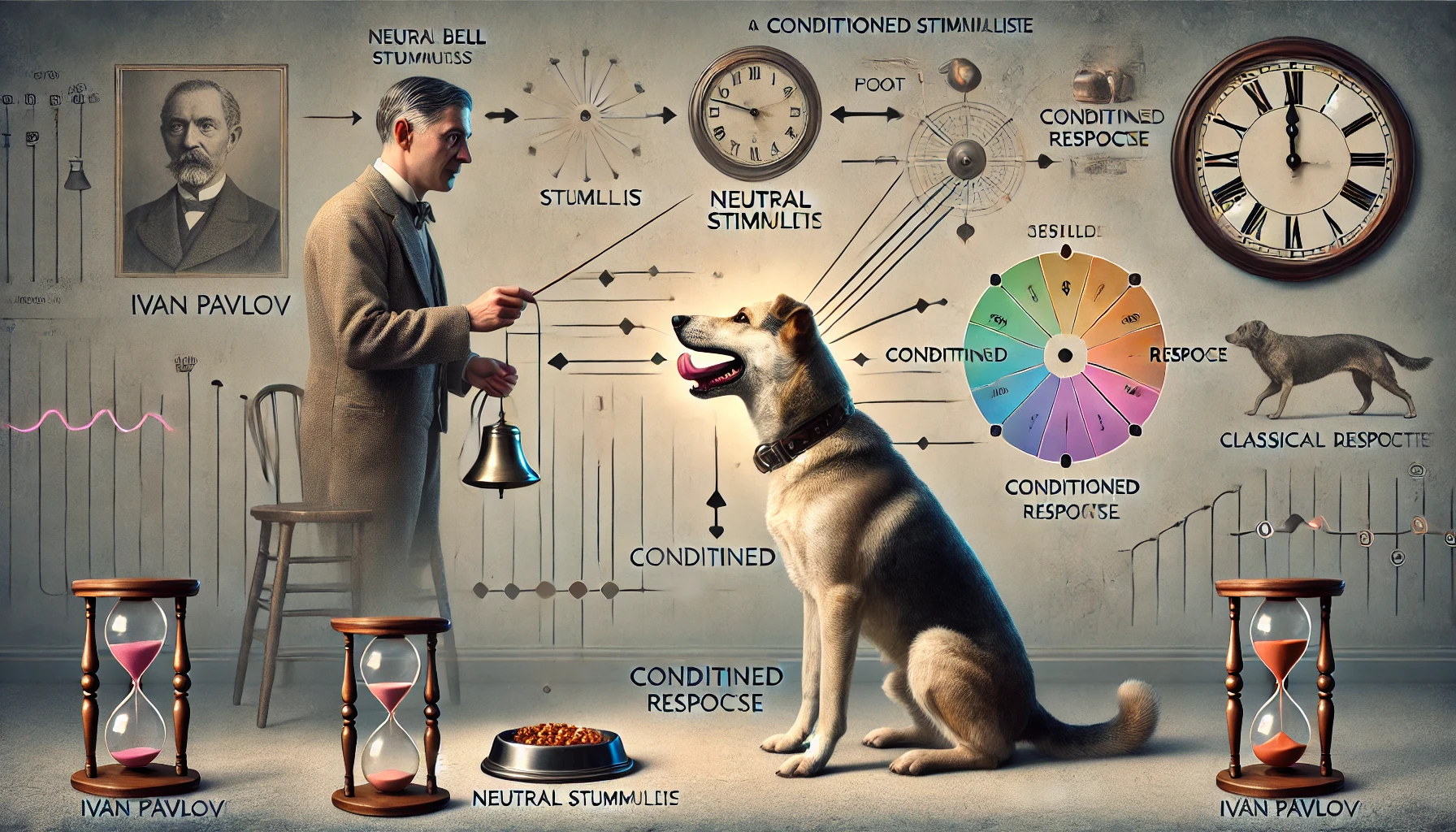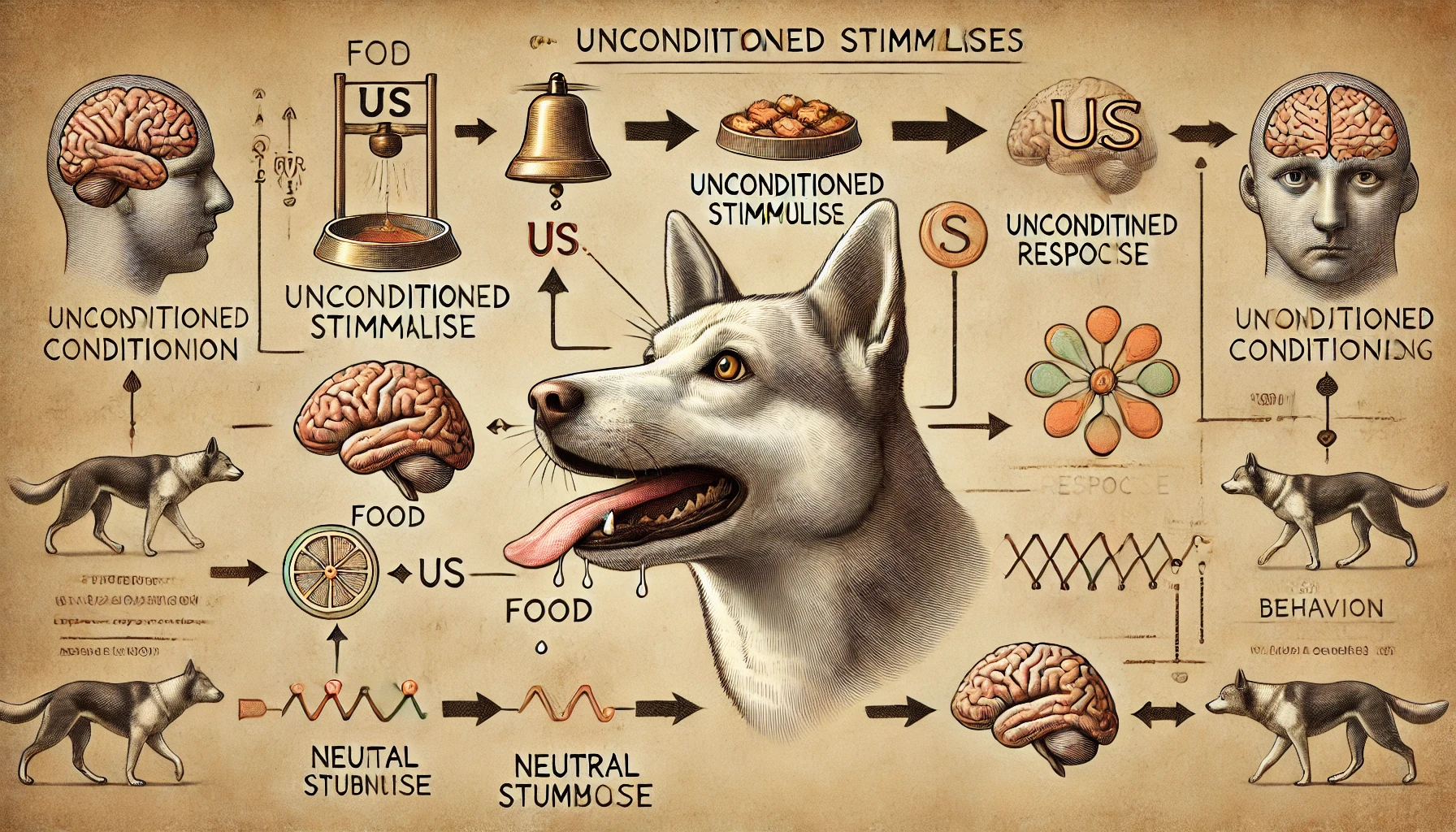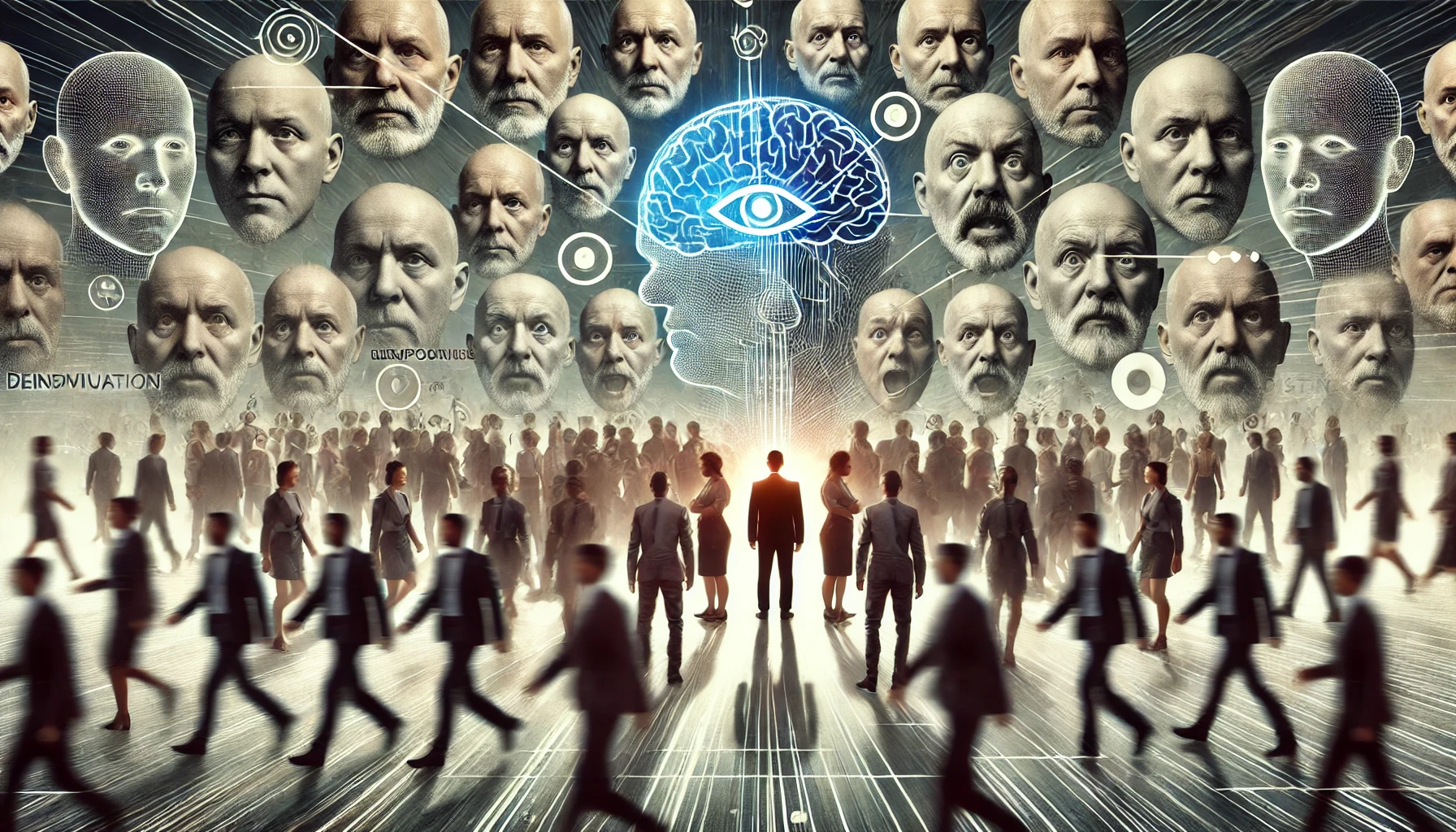Vicarious Reinforcement: Learning Through Others’ Experiences
Vicarious reinforcement is a fascinating concept in psychology that refers to the process of learning behaviors through the observation of others being rewarded or punished. This form of social learning is critical in shaping how individuals understand and navigate their social environments. By observing the outcomes of others’ actions, people can adapt their behaviors without

 English
English
 Deutsch
Deutsch Français
Français